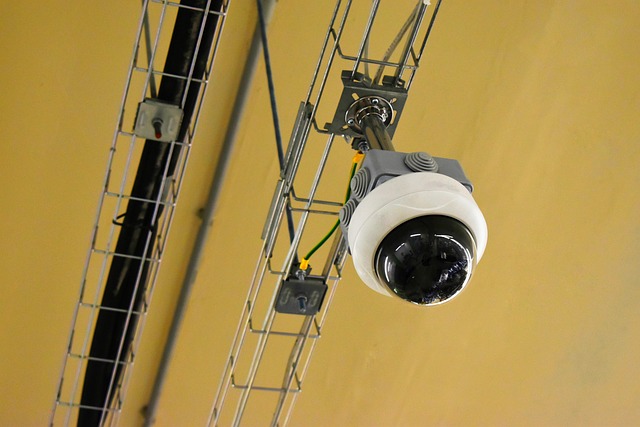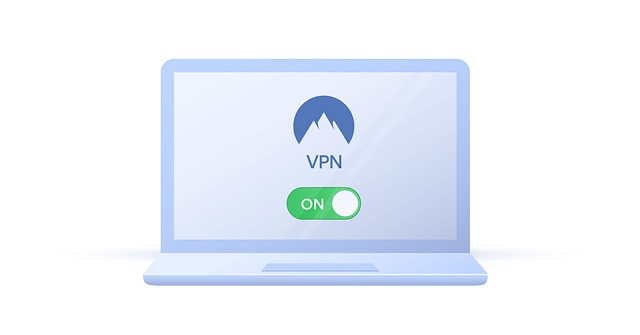Accounting firms require robust multi-layered CPA security strategies to combat evolving cyber threats, including advanced threat detection, email protection, regular audits, strong access controls, encryption, and employee training to safeguard sensitive financial data and digital assets from phishing attacks, malware, ransomware, and human error.
In today’s digital landscape, accounting firms face heightened risks as their operations increasingly move online. Protecting sensitive client data and financial records from cyber threats is paramount for maintaining trust and compliance. This article explores a multi-faceted approach to multi-layered CPA security, focusing on strategic tools and practices like access control, encryption, regular audits, and employee training to safeguard digital assets. By implementing these measures, CPA firms can fortify their defenses against evolving cyber risks.
- Understanding CPA Firms' Digital Risks
- Multi-Faceted Security: A Comprehensive Approach
- Strong Access Control Measures
- Encryption: Safeguarding Data at Rest and in Transit
- Regular Security Audits and Updates
- Employee Training: Last Line of Defense
Understanding CPA Firms' Digital Risks

Accounting firms, or CPA (Certified Public Accounting) firms, operate within a digital landscape teeming with risks. In an era where sensitive financial data is primarily managed and transmitted digitally, CPAs face unique security challenges from both external and internal threats. Phishing attacks, for instance, remain a persistent danger, designed to trick users into divulging confidential information. To combat these, robust phishing defense mechanisms are essential components of any comprehensive multi-layered CPA security strategy.
Beyond these, advanced threat detection systems are crucial in identifying malicious activities that might evade basic security measures. This includes sophisticated malware and ransomware designed to infiltrate networks and encrypt critical data. A well-configured CPA firewall setup acts as a bulwark against such intrusions, offering an additional layer of protection for the firm’s digital assets.
Multi-Faceted Security: A Comprehensive Approach

In today’s digital landscape, accounting firms face an evolving array of cyber threats that demand a multi-faceted security strategy. A comprehensive approach to multi-layered CPA security involves implementing a combination of advanced threat detection tools and robust firm security protocols. By integrating these measures, firms can fortify their defenses against sophisticated attacks that target their sensitive financial data and digital assets.
Beyond traditional firewalls and antivirus software, email protection CPAs are increasingly vital. Given the prevalence of phishing schemes and malicious attachments, effective email filtering and scanning solutions must be in place to prevent unauthorized access and data breaches. This layer of defense, coupled with regular security audits and employee training, ensures that firms maintain a strong security posture against emerging cyber threats.
Strong Access Control Measures

In today’s digital landscape, accounting firms face a multitude of cyber threats that demand robust and multi-layered CPA security strategies. Implementing strong access control measures is an essential component of any firm security protocols. This involves employing advanced threat detection systems to monitor and prevent unauthorized access attempts, as well as implementing role-based access controls (RBAC) to ensure only authorized personnel can access sensitive data.
A comprehensive data security plan for CPAs should encompass multi-factor authentication, encryption technologies, and regular security audits. By integrating these measures, accounting firms can fortify their digital assets against evolving cyber threats, safeguarding financial records, client information, and intellectual property.
Encryption: Safeguarding Data at Rest and in Transit

Encryption is a cornerstone of any robust multi-layered CPA (Certified Public Accountant) security strategy. It plays a dual role in protecting sensitive financial data, both when it’s at rest within a system and in transit between devices or networks. By converting readable information into unintelligible code, encryption ensures that even if data is intercepted, it remains secure and unusable without the decryption key.
For accounting firms, this means leveraging strong encryption algorithms for all critical data storage locations and network communications. This includes setting up a CPA firewall to control access and monitor traffic, while also implementing identity protection measures like multi-factor authentication. Such compliance-level security ensures that unauthorized individuals cannot gain access to sensitive financial information, even if they manage to bypass other security layers, ultimately fortifying the firm’s digital assets against potential cyber threats.
Regular Security Audits and Updates

Regular Security Audits and Updates are a cornerstone of any robust multi-layered CPA security strategy. These audits ensure that accounting firms’ digital assets remain protected against evolving cyber threats, by identifying vulnerabilities and gaps in their existing security measures. By conducting periodic compliance-level security assessments, firms can proactively address potential risks and strengthen their defenses. This continuous process involves regularly updating software patches, implementing stricter access controls, and training staff on best practices for data handling and cybersecurity awareness.
Additionally, staying current with industry standards and regulations, such as those set by the AICPA, is essential for maintaining identity protection accounting practices. Regular updates ensure that the CPA firewall setup remains effective against new types of malware, phishing attacks, and other malicious activities targeting sensitive financial information. Proactive security audits and timely updates are critical components in building a comprehensive security infrastructure tailored to the unique needs of accounting firms.
Employee Training: Last Line of Defense

In today’s digital era, employee training is often the last line of defense in multi-layered CPA (accounting firm) security strategies. While advanced tools like cloud security for CPAs and data security plans are essential, human error can still pose significant risks. Training should cover basic cybersecurity practices such as recognizing phishing attempts, using strong passwords, and understanding the importance of regular software updates. By educating employees, firms can mitigate human-driven threats that may compromise their sensitive financial data.
Additionally, cloud security for CPAs must be a priority, given the increasing reliance on remote access and digital storage. Implementing robust data security plans, including advanced threat detection methods, ensures that even if an employee makes a mistake, malicious actors won’t easily exploit vulnerabilities. Regular training sessions and simulated phishing campaigns can help keep everyone alert and proactive in protecting the firm’s digital assets.
